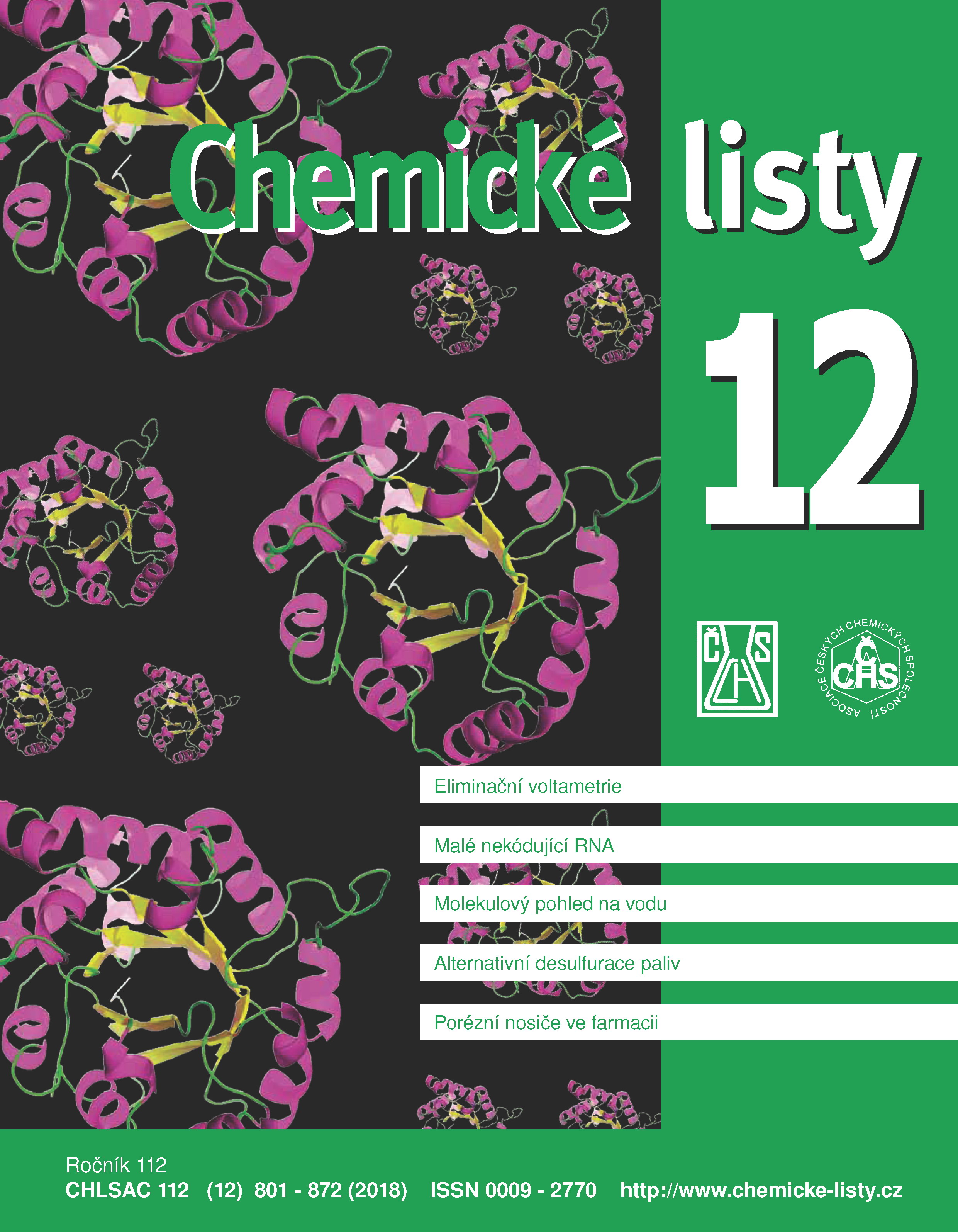Application of Alternative Methods of Fuel Desulphurization
Keywords:
desulphurization, selective oxidation, adsorption, extraction, biodesulphurizationAbstract
Currently it is not possible to produce a fuel with zero content of sulphur via the existing conventional hydrodesulphurisation technology and, simultaneously, meet all the requirements for the quality of fuel. This paper describes the physical as well as chemical processes to separate or transform organosulfur compounds from refinery streams that could be used as an alternative to conventional catalytic hydrodesulphurisation. Some alternative technologies are presented, including oxidation, extraction, adsorption or biodesulphurisation as a key step. The main objective of the alternative desulphurisation is the effective elimination of hardly degradable substituted dibenzothiophenes.





